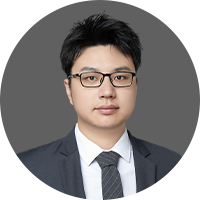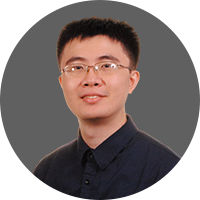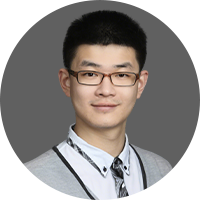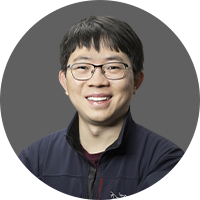Artificial intelligence & robotics
Hao Zhang
Leading the development of Chatbot Arena through his pioneering work in distributed machine learning systems.

China
Xu Han
Through the open-source community OpenBMB, he is empowering global AI innovation.

China
Hao Wang
A hierarchical Bayesian deep learning framework that equips deep learning models.

China
Aston Zhang
Improving AI model efficiency and pioneering Multimodal-CoT to enhance complex reasoning.

Asia Pacific
Amy Kyungwon HAN
Soft robotics to revolutionize medical technology for safer interactions with human tissues.
